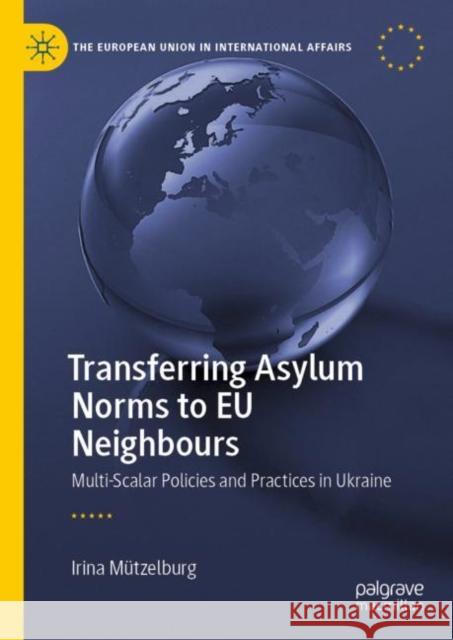Transferring Asylum Norms to Eu Neighbours: Multi-Scalar Policies and Practices in Ukraine » książka
topmenu
Transferring Asylum Norms to Eu Neighbours: Multi-Scalar Policies and Practices in Ukraine
ISBN-13: 9783031045271 / Angielski / Twarda / 2022
Transferring Asylum Norms to Eu Neighbours: Multi-Scalar Policies and Practices in Ukraine
ISBN-13: 9783031045271 / Angielski / Twarda / 2022
cena 523,30
(netto: 498,38 VAT: 5%)
Najniższa cena z 30 dni: 501,19
(netto: 498,38 VAT: 5%)
Najniższa cena z 30 dni: 501,19
Termin realizacji zamówienia:
ok. 22 dni roboczych.
ok. 22 dni roboczych.
Darmowa dostawa!
Kategorie BISAC:
Wydawca:
Springer International Publishing AG
Seria wydawnicza:
Język:
Angielski
ISBN-13:
9783031045271
Rok wydania:
2022
Wymiary:
21.0 x 14.8
Oprawa:
Twarda
Dodatkowe informacje:
Wydanie ilustrowane











